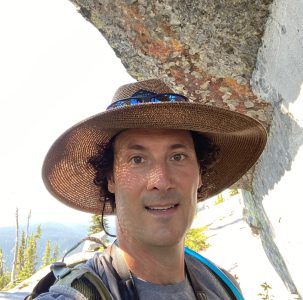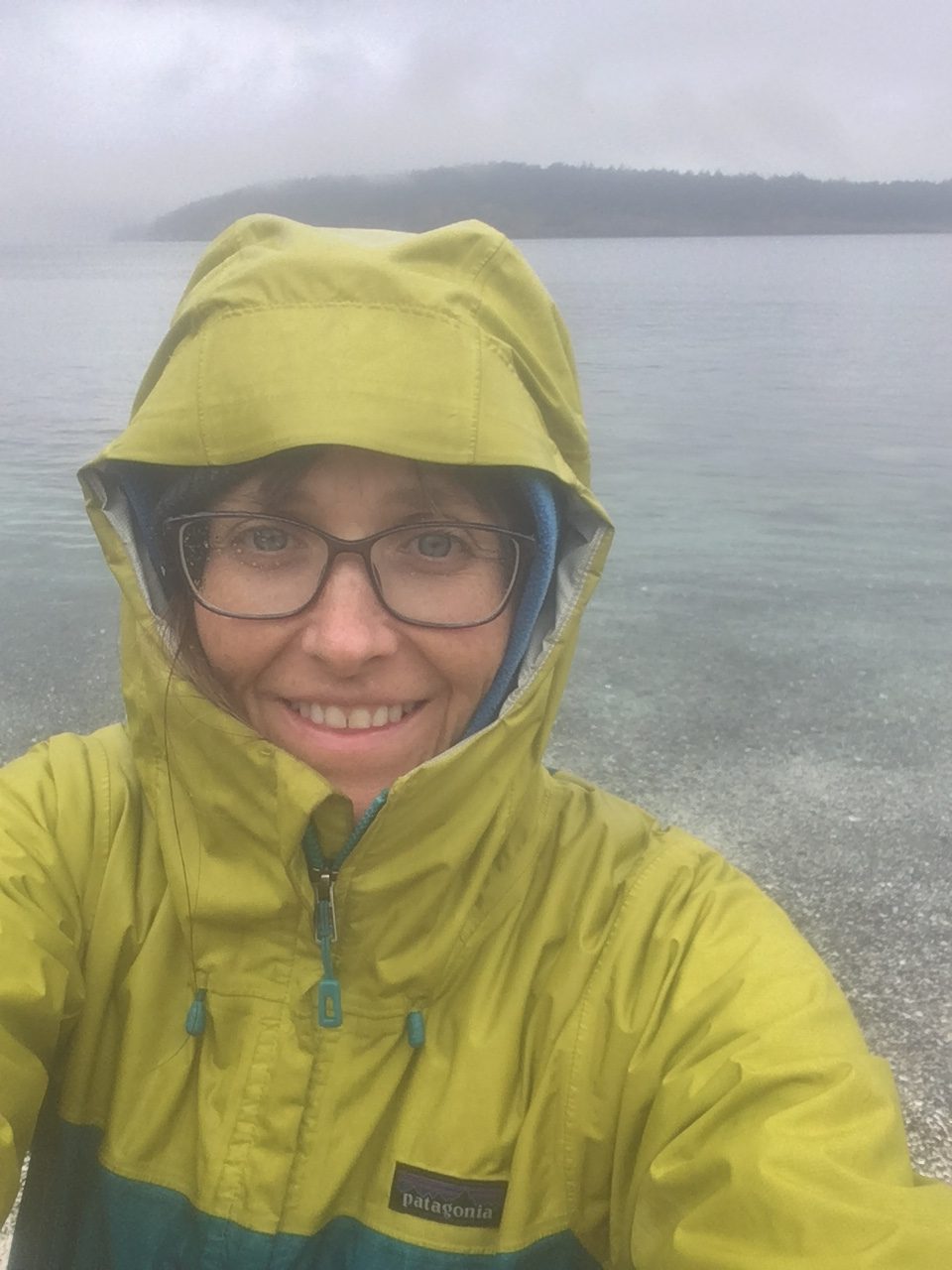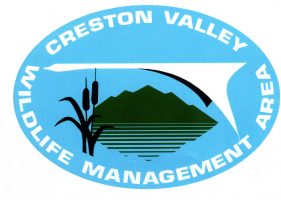Field Ornithology: Improving Bird ID and Survey Skills through Sound
- Start Date: May 26, 2025
- End Date: May 29, 2025
- Time: various, see schedule
- City: Revelstoke BC
- Venue: various field sites. Classroom TBD
- Instructor: Marc André Beaucher & Rachel Darvill
- Registration open
Course Description
For many field ornithology surveys, the ability to identify bird species by their calls and songs is an essential skill. It is also one of the hardest aspects of field work to master. However, technological advances in sound capture and visualization are pushing the ornithological frontiers with tools that make it easier than ever to learn field-identification by sound and to survey natural soundscapes (and their birds). In addition, modern sound recordings are providing high-quality acoustical specimens for analysis and independent review.
This course will combine field-experience listening to bird calls and songs during three mornings at the height of the breeding season, with hands-on recording practice to generate sound files. Each afternoon, the class will learn to edit and review their recordings using sound visualization software on their personal laptop computers.
Topics for discussion and field practice will include: ethical considerations in recording and using bird sounds; digital recorders including smartphones; the use of autonomous recording units such as Wildlife Acoustics Songmeters; standard protocols for point counts (e.g., North American Breeding Bird Survey—BBS); and, the use of Raven Lite 2.0 software to visualize songs and calls and to edit sound files into a format suitable for upload into eBird. Wildlife Acoustics’ Kaleidoscope software will also be discussed as an analysis tool for practitioners. Some visual bird IDs will also be covered. Bird observations made during the course will be submitted to the eBird database to contribute to bird conservation efforts.
Course Schedule:
Mon May 26, 6:30pm – 8:30pm
Tue May 27, 5am – 4:30pm
Wed May 28, 5am – 4pm
Thurs May 29, 5am – 2pm
A more detailed course schedule and outline is available upon request. Email office@cmiae.org
Class size limited to 12 to allow for increased individual attention and coaching both in the field and during the classroom sessions.
Our Instructors
 Marc-André Beaucher, M.Sc., RPBio
Marc-André Beaucher, M.Sc., RPBio
Marc-Andre is the Head of Conservation Programs at Creston Valley Wildlife Management Area (CVWMA). He has volunteered and worked at CVWMA for 20 years and has extensive experience with the identification of wetland birds in the Creston Valley. He started birdwatching at the age of 13, in Quebec, and continues to maintain a passion for the conservation of birds and their habitat. Marc-Andre is a trained wildlife biologist and enjoys spending time in the field monitoring and/or surveying amphibians, birds (of course!), reptiles, and invertebrates, (e.g. dragonflies and butterflies) …as well as plants. He regularly takes people and groups on field trips out in the wetland and especially loves getting people impassioned about wildlife through hands-on experiences.
Rachel Darvill, M.Sc., RPBio
 Rachel Darvill has been working on wildlife research projects for 25 years and is currently a professional biologist with her own consulting company, Goldeneye Ecological Services. In recent years, she has developed and been the lead biologist for the four-year Columbia Wetlands Marsh Bird Monitoring Project (contracted by ECCC Canadian Wildlife Service), the five-year Columbia Wetlands Waterbird Survey, and currently the multi-year Upper Columbia Swallow Habitat Enhancement Project administered by Wildsight Golden. Rachel is also leading Lewis’s Woodpecker and Osprey projects on behalf of the Columbia Wetlands Stewardship Partners for the Kootenay Conservation Program’s Kootenay Connect project. She has a great passion for all living things, and has lived in the Columbia Valley for 22 years. She loves encouraging others to get outside and involved with bird research projects by creating numerous citizen-science opportunities for people to contribute to bird conservation.
Rachel Darvill has been working on wildlife research projects for 25 years and is currently a professional biologist with her own consulting company, Goldeneye Ecological Services. In recent years, she has developed and been the lead biologist for the four-year Columbia Wetlands Marsh Bird Monitoring Project (contracted by ECCC Canadian Wildlife Service), the five-year Columbia Wetlands Waterbird Survey, and currently the multi-year Upper Columbia Swallow Habitat Enhancement Project administered by Wildsight Golden. Rachel is also leading Lewis’s Woodpecker and Osprey projects on behalf of the Columbia Wetlands Stewardship Partners for the Kootenay Conservation Program’s Kootenay Connect project. She has a great passion for all living things, and has lived in the Columbia Valley for 22 years. She loves encouraging others to get outside and involved with bird research projects by creating numerous citizen-science opportunities for people to contribute to bird conservation.
Who should attend?
- Field technicians and biologists with some experience in field identification of birds who would like to increase their skills in surveying by sound
- Biologists and managers responsible for managing field ornithology projects
- Biologists in other fields wishing to diversify their areas of expertise
Preparation and what to bring
- Students will receive a short reading assignment and eBird exercise a month before the course begins, this will take less than 30 minutes to complete
Required equipment:
- Laptop computer with Raven Lite 2.0 (available free online) installed and tested with over-the-ears (muff-style) headphones
- Smartphone (either iPhone or Android) with the Merlin App (available free) installed along with over-the-ears (muff-styled) headphones
- Binoculars of good quality (magnification 7-8.5, objective lens 32-42 mm, waterproof
- Appropriate field clothing for any weather conditions (full rain-suit, hat, hiking boots, appropriate layers, expect rain and cold and hope for better weather!)
- Day-pack
- Water bottle and any food you would like to have (even if you have ordered the optional bagged lunches, please bring your own water.)
- Warm clothes – the third field day will take you high in elevation. Bring an insultated jacket and gloves.
Optional equipment:
- Digital cameras (you can use these to record sound with or without HD video)
- Smartphone bird ID app such as Sibley’s V2 App, iBird Pro/Ultimate App.
What is Included in the Course?
- A Rite in the Rain all-weather field NOTEBOOK No. 146 will be supplied to each student.
- A spotting scope and tripod will be supplied for group use, but please bring your own if you have one.
- A digital recorder and microphone will be available to try using in the field, but please bring anything you have.
- Students will provide their own transportation but will likely be able to car-pool with others during the field sessions
- Food: A break with coffee and a light breakfast will be provided each morning at 10:00am in the field. There will be an opportunity to order bagged lunches. Refreshments will be provided for the classroom portions of this course.
Registration
Members: $630*
Non-members: $675
Bagged lunches $18/day, optional. Coffee/tea and snacks are included in your registration fee. All food provided by La Baguette.
Limited class size of 12 people, register immediately to secure your spot.
*Memberships can be purchased and renewed while you register. More about membership here.
NOTE: Once registration fills, you will be welcome to join our cancellation list for the course. Anyone on this list will have the chance of filling registration cancellations as well as being the first to be notified when we open up registration for next season’s course. Please email office@cmiae.org to be placed on the list.
Where to stay?
We have numerous accommidation options that offer discounts to CMI registrants:
Grizz Hotel: Right downtown Revelstoke, lower-budget option.
- Discount of 10% off seasonal room rates, must phone to book, asking for the “CMI rate.” Phone number: 250-837-5151
- About a 15-20min walk to the School District 19 admin building where this course starts each day
- Suggest requesting a room on second floor to avoid possible street-level noise
Basecamp Revelstoke: various locations and room rates
- Discount code of 15% via the online booking tool using the promo code “CMI”
- Basecamp Resort: Just outside of town towards Revelstoke dam. About a 15min drive to the School District 19 (SD19) admin building where this course starts each day
- Basecamp Suites: A brand new build downtown Revelstoke, about a 10min walk or 5min drive to the SD19 admin building
- Northwinds Hotel: A lower-budget option at this newly acquired hotel in the Farwell area of town which is still walk-able to the downtown area.
Thank you

A big thank you to our event partner, the Creston Valley Wildlife Management Area for supporting this educational opportunity. Thank you also to School District 19 for providing us with a beautiful classroom venue.

